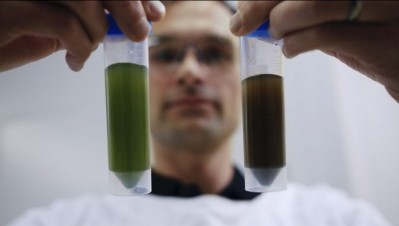GALLERY: Food ingredients startups to watch, from rare sugars and prebiotic fibers to 'cell-free' biomanufacturing
From San Diego-based Debut Biotech, which is developing a range of high-value ingredients via a novel ‘cell-free’ biomanufacturing platform, to Virginia-based Bonumose, which has patented technology it claims could enable the “mass market adoption” of rare sugars, check out our gallery of food ingredients startups to watch …































